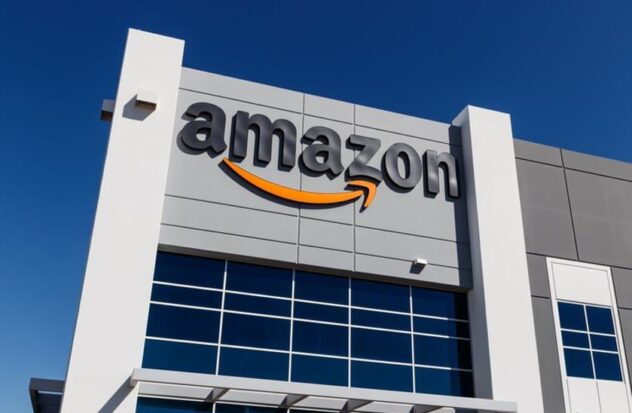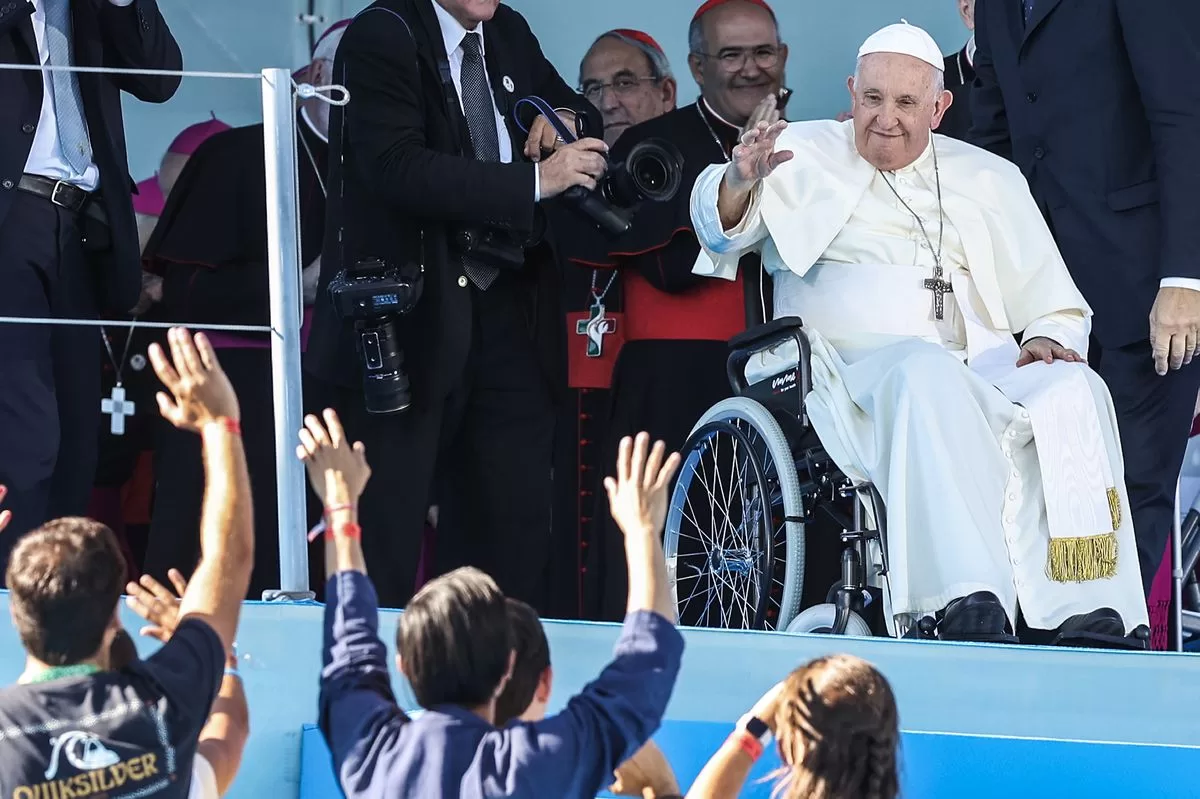Tomorrow, Amazon will celebrate its thirtieth anniversary since it was founded by Jeff Bezos in 1994. Three decades in which it has changed international trade and even the urban landscape of our cities, and which have elevated the company to the elite of the most valued companies in the world: last week it surpassed the two trillion dollar capitalisation mark for the first time.
Although the company is believed to have been born a year later, with its first online sale, it was on July 5, 1994 when Bezos, then 30 years old, founded a company called ‘Cadabra’, but advised by his friends to choose a name that sounded better, legend has it that he opened an atlas and was dazzled by the river and the Amazon rainforest.
Being the largest river in the world, Bezos declared that he wanted to make his company “the largest store in the world.”
And what started out as an online store selling books, CDs and computer programs has grown into a giant that sells food, clothing, television series and practically any product imaginable, totaling “hundreds of millions of items available on our website,” according to the company.
It is difficult to know whether the chicken or the egg came first, that is, whether Amazon brought about radical change in logistics and distribution or whether that change would have happened anyway. In any case, Amazon was at the forefront of a sector that filled cities with cardboard boxes – and even mountains when they end up in the garbage – and which, according to its critics, has dealt a mortal blow to the fabric of small businesses.
In a corporate message sent to EFE, the company defends itself: it claims to provide direct employment to 1.52 million people worldwide, one million of them in the United States, but to these must be added two million more indirect jobs in the US alone in branches such as construction, hospitality, retail trade or healthcare (since Amazon also offers basic medical and pharmaceutical services).
He also claims that more than 60% of sales come from independent sellers, which the company calls “seller partners.” “Together we have created what we believe is one of the most successful partnerships in the history of the retail industry,” he says.
Amazon boasts of achieving “the fastest delivery speeds ever” last year and again in the first quarter of 2024, when it delivered more than two billion items on the same or next day to cities in the US, Canada and Japan.
Amazon and union rights
Amazon has contributed to the emergence of a new proletariat, that of the ‘riders’ or delivery people, a sector that, due to the harshness of its conditions, in many cases attracts immigrants who have recently arrived in a city.
The delivery workers – known in New York as ‘deliveristas’, a Spanglish term that denotes the Latin origin of most of them – have been behind a long fight for their rights that is also beginning to change the type of unionism in the United States.
In fact, Amazon has resisted tooth and nail the formation of unions among its workers – arguing that it prefers to “empower workers” in another way – but it could not prevent a packaging plant in Staten Island (New York) from becoming the first in the country to create its own union in April 2022.
Last week, the Amazon workers’ union announced that it was joining the Teamsters, the largest private-sector union in the United States, which augurs new labor fronts for a company that often presents itself as a symbol of “woke.”
A visionary with media ambitions
If there is one symptom of Amazon’s success, it is the person of its founder himself: Jeff Bezos is, at 60 years old, the second richest man in the world after Elon Musk, and today – now separated from the management of the company – his fortune is estimated at 216.5 billion dollars, according to Forbes.
Bezos was one of a generation of young entrepreneurs who, in the late 1990s and early 2000s, changed the world from the West Coast of the United States with their projects in technology companies, currently the true ‘queens of Wall Street’.
As if that fortune were not enough, Bezos wanted to get into the Fourth Estate, the press, and bought the prestigious Washington Post in 2013, but this bet did not work out for him and the Post is navigating, like all other media, in a crisis that never ends.
And after divorcing the mother of his four children in 2019, in a resounding separation, Bezos joined forces with former journalist Lauren Sánchez, making the couple a regular at the most glamorous events in American society.
____
We invite you to visit us on the new NY1 Noticias channel on WhatsApp. There you will find the most relevant news about what is happening in New York, as well as other coverage about the rest of the country, Latin America and the world. Click here in this link to access the channel. We thank you in advance if you become one of our followers and express your reaction to what we publish with an emoji.





